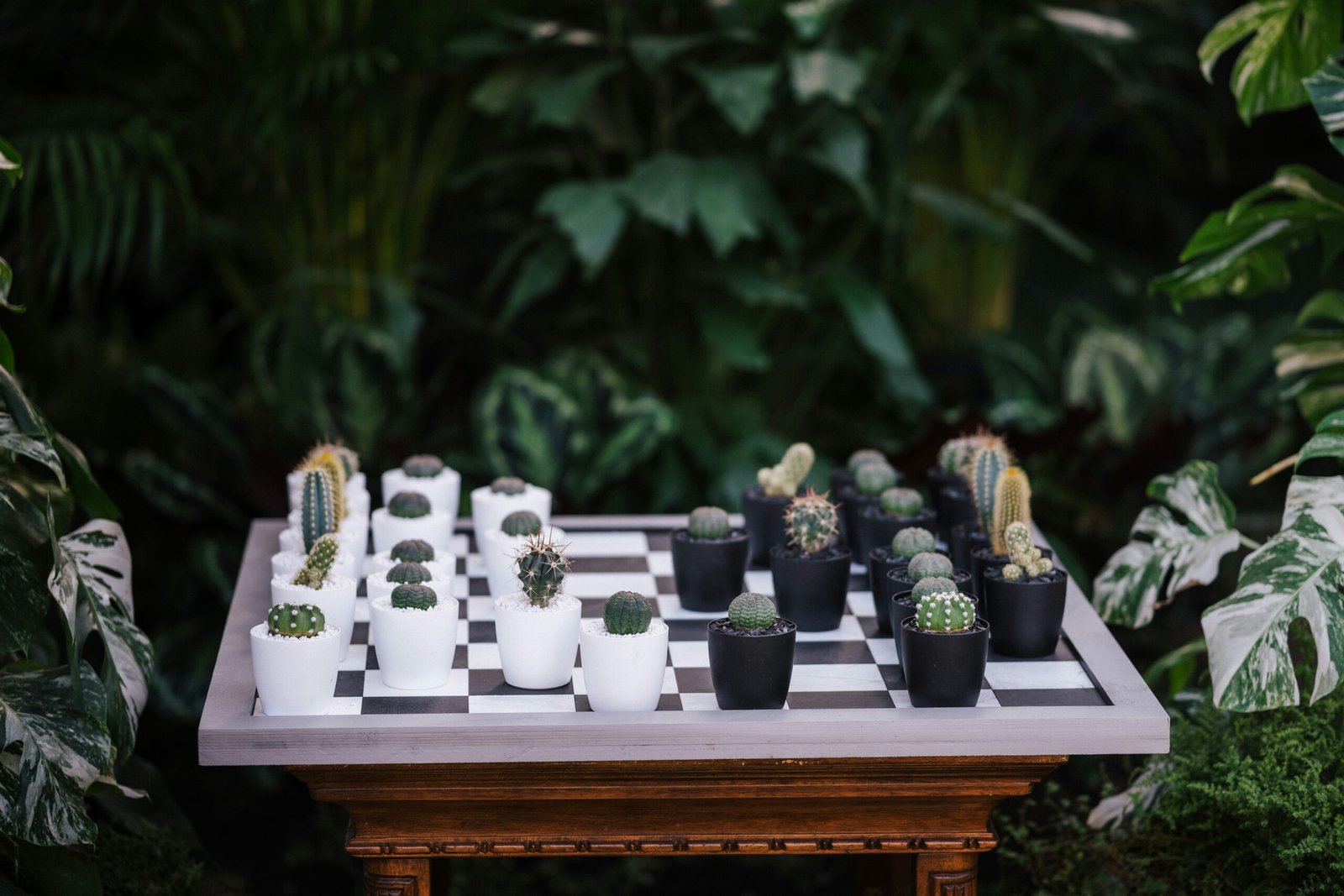Feeding your indoor plants is essential for their health and growth. While sunlight and water are crucial, plants also require nutrients to thrive. These nutrients are typically found in soil, but over time, the soil in your pots can become depleted, making regular feeding necessary.
Why feed your plants? Indoor plants rely on you for their nutrient supply. In nature, plants get nutrients from decomposing organic matter and minerals in the soil. In a pot, however, these nutrients are limited and can run out, leading to slow growth, pale leaves, and a general decline in plant health. Fertilizing your plants replenishes these essential nutrients, ensuring they continue to grow strong and vibrant.
When should you feed them? The best time to feed your plants is during their active growing season, usually from spring to early fall. This is when they are producing new leaves, flowers, and roots, and their nutrient needs are highest. During the winter months, many indoor plants enter a period of dormancy and require less food. Overfeeding during this time can lead to nutrient buildup and potentially harm your plant.
What type of fertilizer should you use? There are various types of fertilizers available, including liquid, granular, and slow-release options. Liquid fertilizers are easy to use and can be added directly to your watering routine. Slow-release fertilizers gradually provide nutrients over time, reducing the risk of overfeeding. Choose a balanced fertilizer with equal parts nitrogen, phosphorus, and potassium, or one that is specifically formulated for indoor plants.
How often should you feed your plants? The frequency of feeding depends on the type of fertilizer you use. Generally, liquid fertilizers are applied every 2-4 weeks during the growing season, while slow-release fertilizers can last for several months. Always follow the instructions on the fertilizer package, and err on the side of caution to avoid over-fertilizing, which can lead to nutrient burn and damage to your plants.
Feeding your indoor plants is an important part of their care routine. By providing the right nutrients at the right time, you can keep your plants healthy, vibrant, and flourishing year-round.

